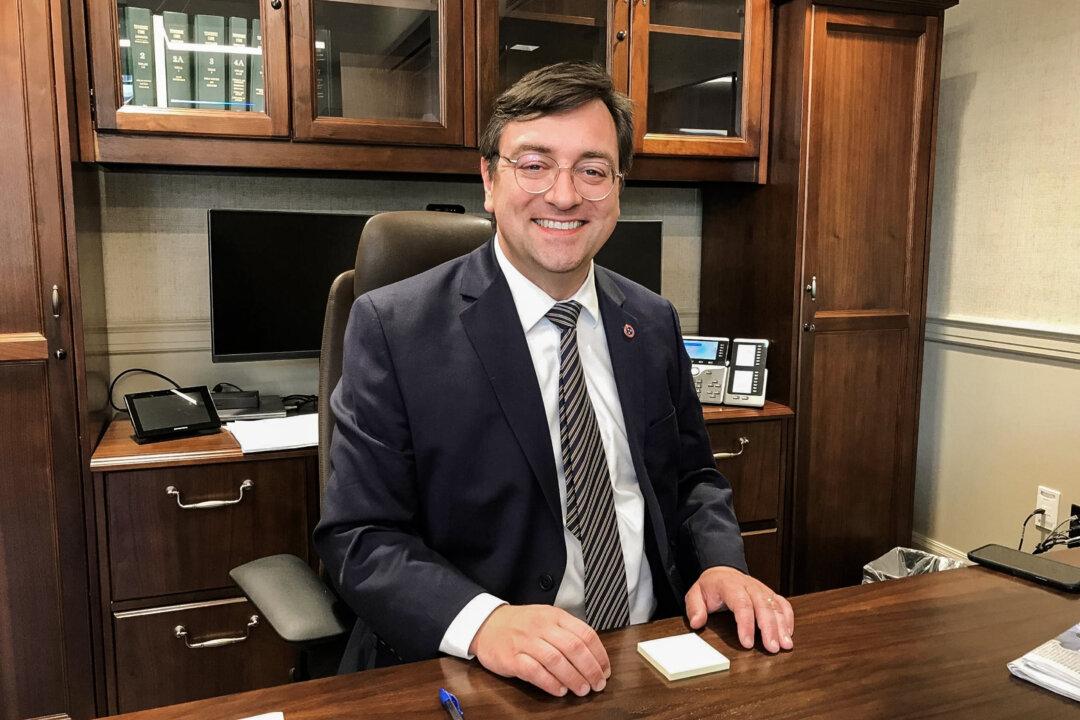Commentary
It’s difficult for a journalist/author to keep up these days with the incoming emails. For me, sometimes it’s like the “Sorcerer’s Apprentice,” as it is for many. A lot can slip by.

It’s difficult for a journalist/author to keep up these days with the incoming emails. For me, sometimes it’s like the “Sorcerer’s Apprentice,” as it is for many. A lot can slip by.